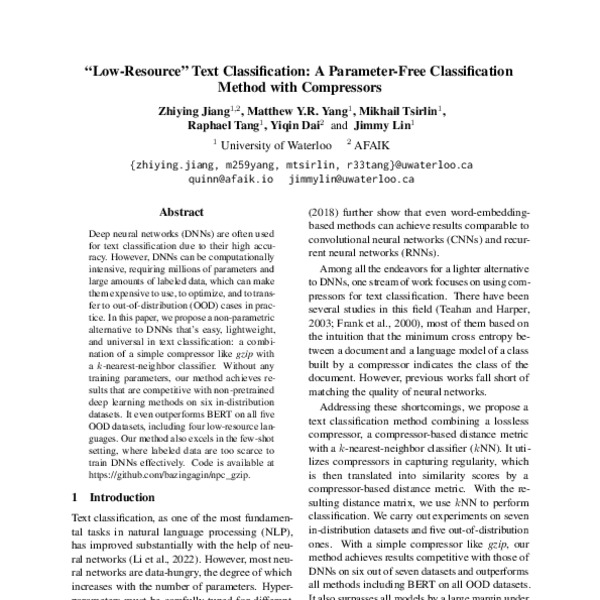Fairness Reconsidered: Receiving Public as a Commons
The conceit of the Fairness Doctrine was that broadcast spectrum was a commons, and a limited public resource, arbitrarily allocated to a given (usually private) party. The right came with the obligation to manage this common resource in the public interest. The doctrine went through a few iterations before arriving at the "Fairness Doctrine" formula in 1949, notably the Mayflower Decision (1941). There is similar history, though often arriving at different policies, elsewhere, notably the heavy reliance on government-owned or -controlled broadcasting through much of what was otherwise free Europe: the BBC, Germany, France, etc., much of that strongly informed by the rise of fascism and Nazi German in the 1920s and 1930s. (The US had its own fascist / populist demagogues, notably Father Charles Edward Coughlin and Joseph McCarthy.)
This past week's On the Media podcast has a good introduction to the Fairness Doctrine, in the context of Fox News and why the F.D. itself is inadequate to address Fox. (Hint: Cable subscribers.)
The past 5, 10, 20 years or whatever timeframe you care to throw at it, of experience in the online world suggest that treating digital media over (mostly) private infrastructure as strictly private ... has some pronounced failure modes, to use technical understatement.
I haven't seen others making this argument yet, though I suspect some are, but my view is, roughly, that public mindshare is itself a commons, and should be held and managed in the public interest. There's a point at which reach or penetration themselves become exploitation of a public resource, and concern over the impacts of such reach are legitimate public concerns.
If you look at the fundamentals of information theory, there are three (or four) major components:
Sender -> Channel -> Receiver
You could also add noise, encoding, and decoding.
The Fairness Doctrine concerned channel.
Both free-speech and classic censorship matters, concerns sender (and to at least some extent, channel).
The new doctrine I'm suggesting covers the receiver, and specifically the general public as a general message recipient.
One could argue that disinformation, fake news, propaganda, and distraction are forms of intentionally introduced noise, and I'm sure there are elements concerning encoding and decoding which might be similarly considered.
Again, I'm not aware of anyone else offering a similar view, but it seems to me that our traditional models of speech, publishing, broadcasting, censorship, and responsibility are failing us here.
#FairnessDoctrine #FCC #Broadcasting #DigitalMedia #Media #OnTheMedia #Commons #Audience #InformationTheory

